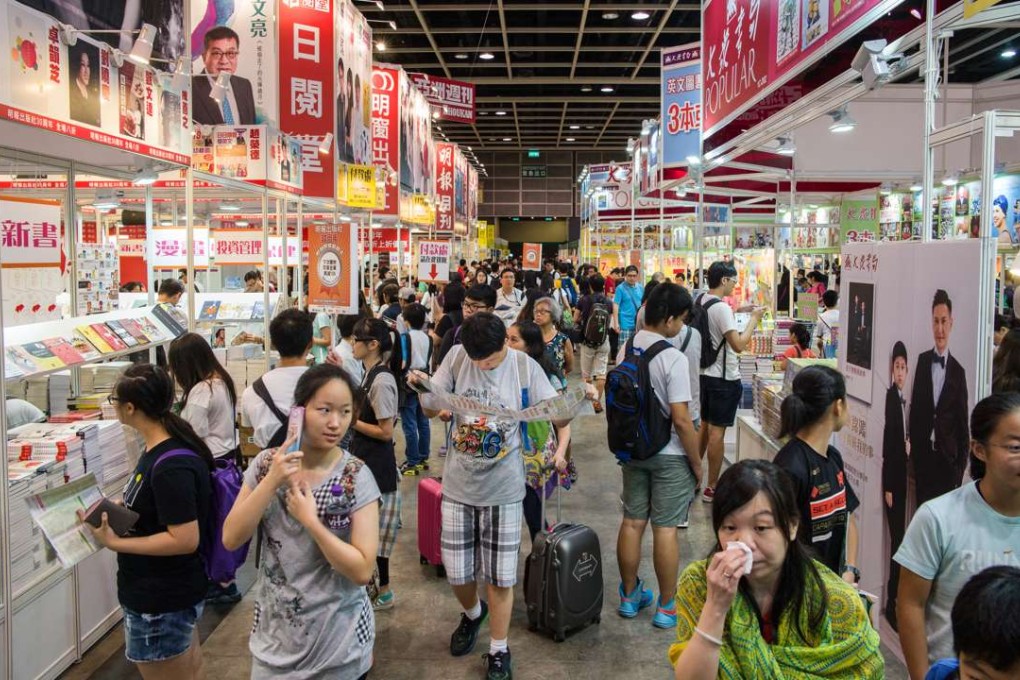The Hong Kong-Singapore rivalry: forget finance and shopping, is literature next?
For 10 days this month both cities hosted writing festivals that claim not to compete but cooperate – even if writers love to compare the two places

Hong Kong and Singapore vie for recognition as Asia’s international business and finance centre, leading shopping destination, port and air hub. While neither city wins renown for literary tradition, for 10 days this month they concurrently hosted writing festivals that claim not to compete but cooperate to bag bigger names, part of broader civic drives to enhance cultural credentials. At the local level, the Singapore Writers Group and Hong Kong Writers Circle collaborated on short story anthology Tales of Two Cities, celebrating the metropolises’ differences and spotlighting what they can learn from each other.

“Hong Kong has a more lively underbelly. Singapore is more sanitised but maybe not as much as we think,” Ecuadorian Lucia Damacela, a writer based in Singapore, says. She and other Tales authors read at last month’s Ubud Writers and Readers Festival in Bali.
Why did Singapore writers festival bar a Singlish novel on girls looking for white western husbands?
“Singapore is currently flourishing, while Hong Kong struggles to settle its identity,” Edmund Price, an editor of Tales and previous HK Writers Circle anthologies, says. Culture can blossom from the top-down, he believes, “only with a level of bottom-up enthusiasm”.
“Blossoming of the arts might have been driven by Singapore’s government at first, but now it’s ingrained,” Australian Russell Darnley, who has been writing about and occasionally living in Singapore since the 1970s, says.

“There are cultural clashes in both cities,” Singapore writer and teacher Marion Kleinschmidt, says. “The stereotypes are there to be played with, not to be exploited but exploded.”
Singapore’s nanny state reputation aside, it’s Hong Kong where several writers now see threats to self-expression. Tales chose not to focus on those concerns or the umbrella movement. “We are not a political organisation and soap box preaching wasn’t our job and the anthology wasn’t the right forum,” Price says.